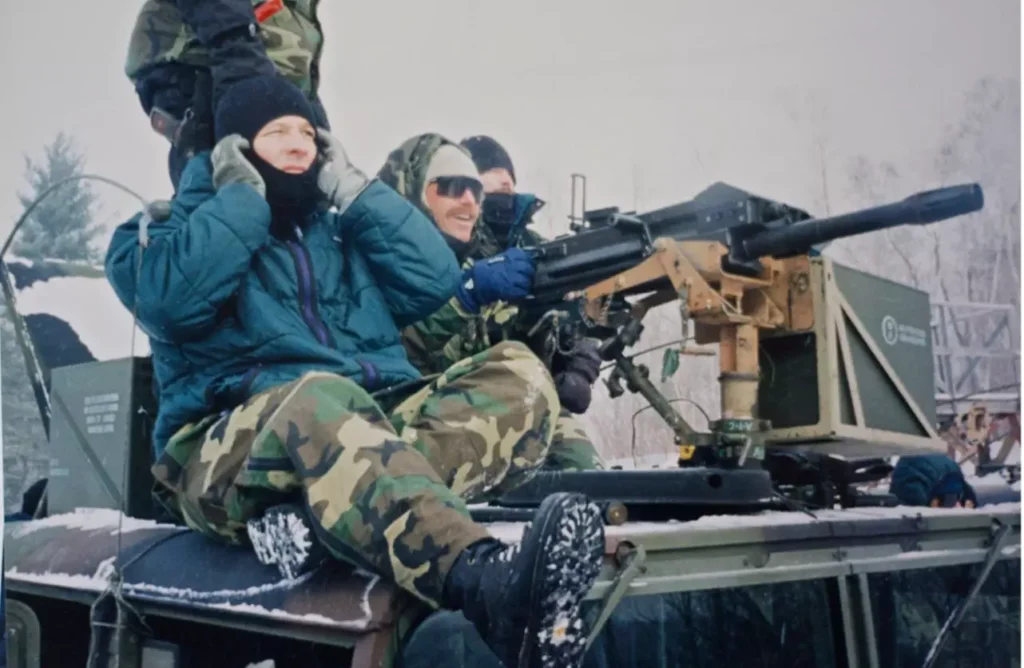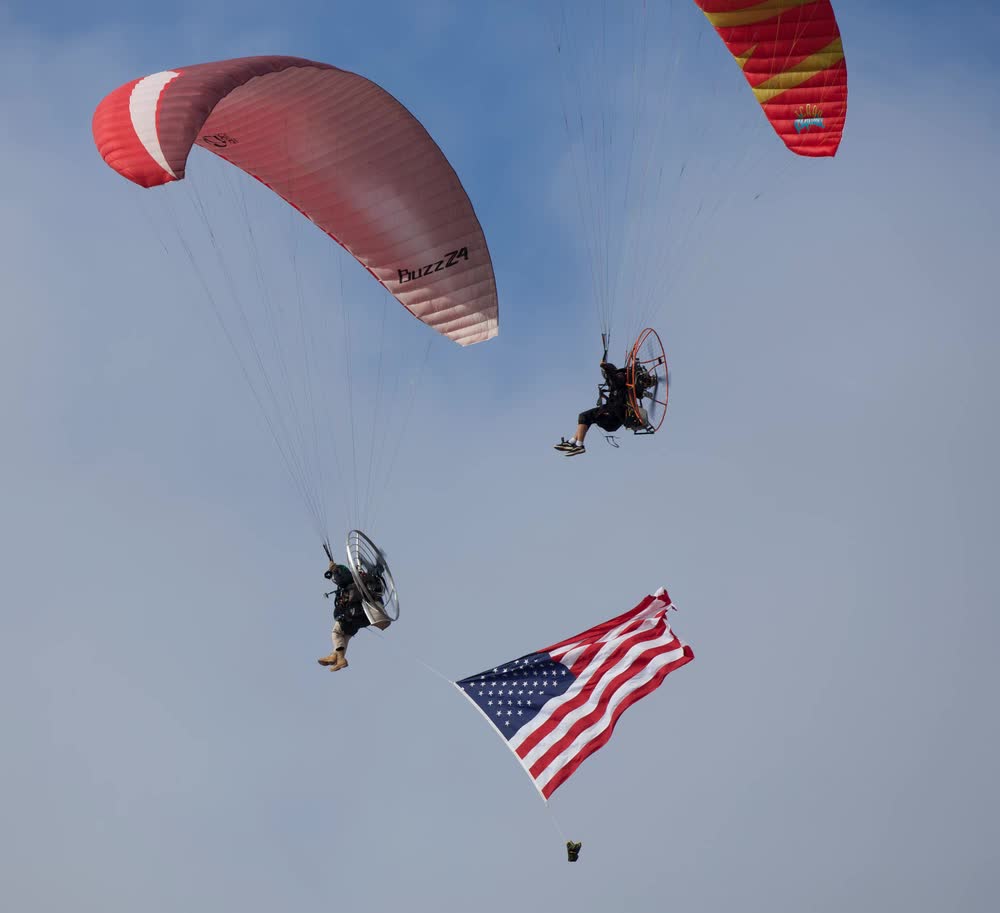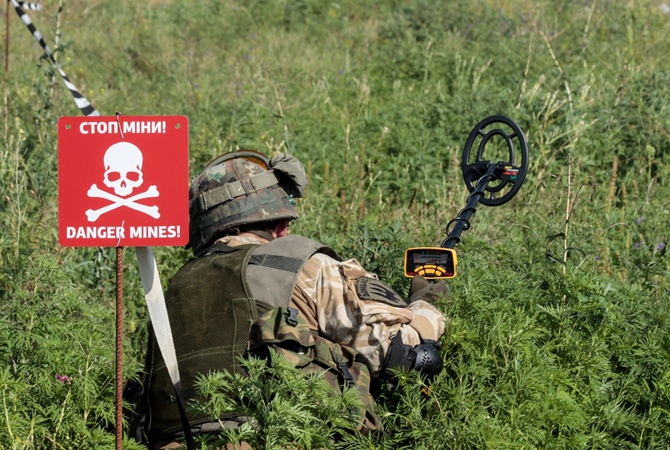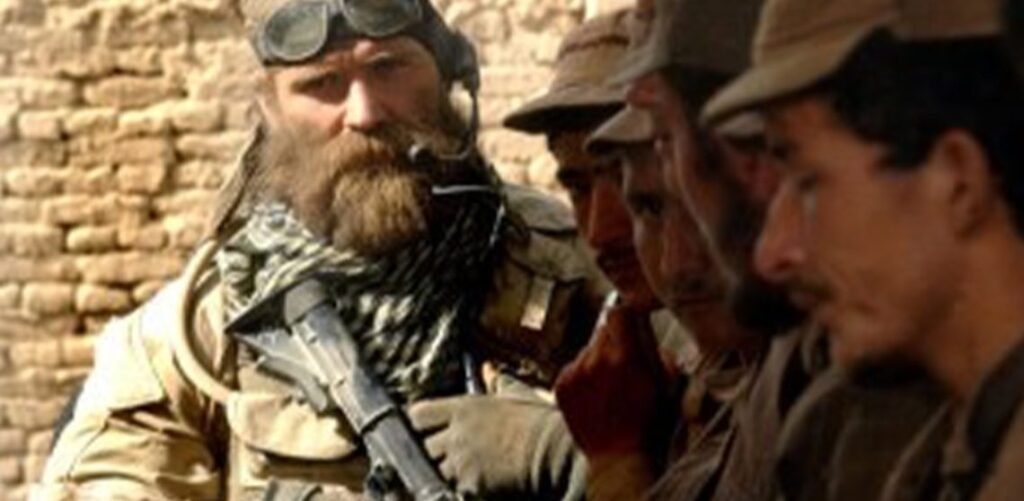I recall the morning I drove in to work and saw a row of Polaris snowmobiles parked at the motor pool. I finished a bout of my morning physical training (PT) workout and had a shower. In those days I alternated a five-mile run with a six-to-eight-mile rucksack (ruck) force march carrying a 45-pound rucksack in the mornings. I don’t know which one was harder. On the ruck days it was the ruck days I felt were the hardest; but on days of the run… the run was definitely the hardest.
People would say and swear that I was a badass because of my daily PT regimen. Well, I sit before you all today in my wheelchair with titanium knees, another wrecked joint, and a scar of a completely excised belly. These things I hope to one day overcome… Regrets, I’ve had a few, but then again too few to mention. I did it my way (ha ha ha).
Those morning sessions were all discretionary PT, i.e. the individual could do what he wanted. However, there were plenty of “surprise” gut-check events, but as long as the individual was able to complete them, he was free to continue as he saw fit. Fail, and you found the Unit drumming up a new PT regime for you to complete over the next number of months… or be invited to leave. I never pissed cold on those surprise events; they kept a fellow honest and up to par. The Unit did not tolerate languor or monotony.
Going back on that morning, however, I was overcome by my interest in those pesky snowmobiles. At the breakfast table, I inquired if any of the brothers knew why the motor pool hosted a contingent of snowmobiles. The answer was they were for our A-squadron to conduct cold weather training in northern Vermont that winter. That would have to be cool somehow, even though it didn’t feature intentionally destroying… stuff! Nevertheless, although it’s hard to suck the fun out of snowmobiles, Delta would try its best to do that.
That cold weather training would be part of our 18-month-long training cycle.
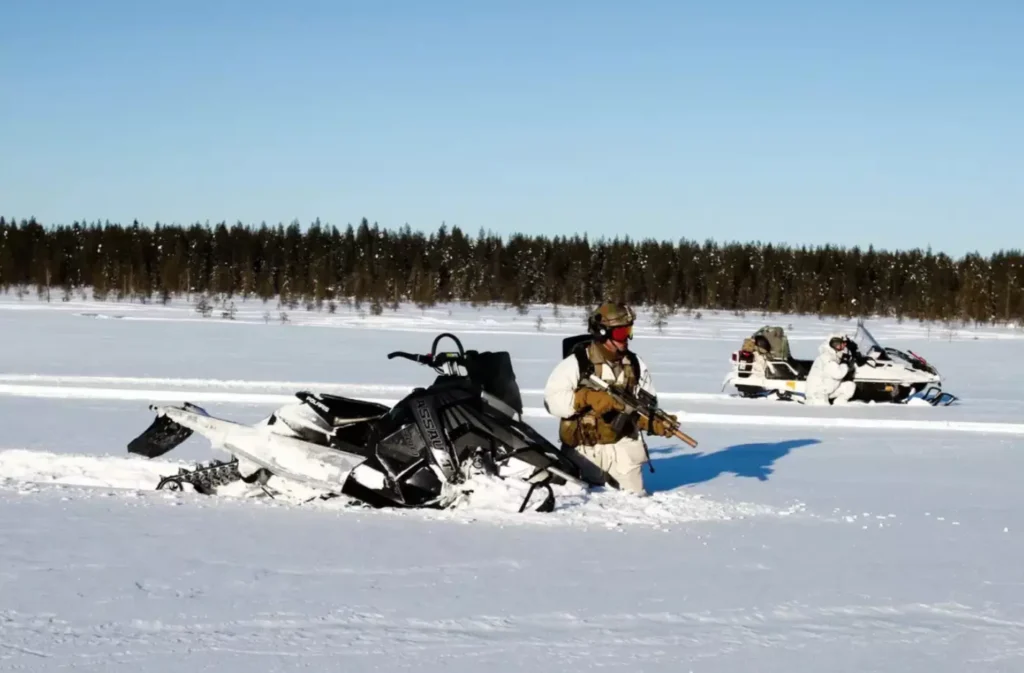
For the cold weather portion, we were hosted by the Tenth Mountain Division at Camp Ethen Allan in Vermont.
The way we got all the heavy gear to Ethen Allen was by overland tractor/ trailer. I got stuck as a driver because I had been to a Commercial Driver’s License (CDL) school. I damned myself for having obtained the license in the first place. There were three of us qualified to drive so we drove a lot.
Driving a big rig and immersing myself in the trucker’s society was interesting to be sure. I listened nonstop to the trucker’s chatter on my CB radio. It made me aware, to a degree, of the proliferation of human trafficking. (Years later, I went on to work on a task force that hunted human traffickers and human traffic networks, then on to write a book on my experience with the trafficking scourge.)
With the temperature at minus 45 degrees Fahrenheit, we didn’t accomplish much at Camp Ethen Allan other than just trying to stay at room temperature. Sleep is not the big thing in temperatures that low. I mostly stayed awake because I was afraid I would freeze to death if I fell asleep. I kept watch on my tent mate to make sure he wasn’t freezing to death… I was a rookie and made no qualms about it.
The worst thing that happened to us there was during one long night move when we suffered one broken leg, two snowmobiles with a pretty penny damage to them, and a partridge in a pear tree.
The broken-leg man was Kelly P. We all just called him Kelly when interfacing with him, but when referencing him we all referred to him as “that rat-phuq bas**rd.” We called that a spirit name. I wondered fervently what my spirit name was… Someone gave it away in a group chat and it turned out to be “language boy.” Eff them all, but I was okay with the name in that it was not a derogatory reference like… well, like Kelly’s nickname, for example – right?
Related: Tangiers: A Delta man’s solo trip through Morocco
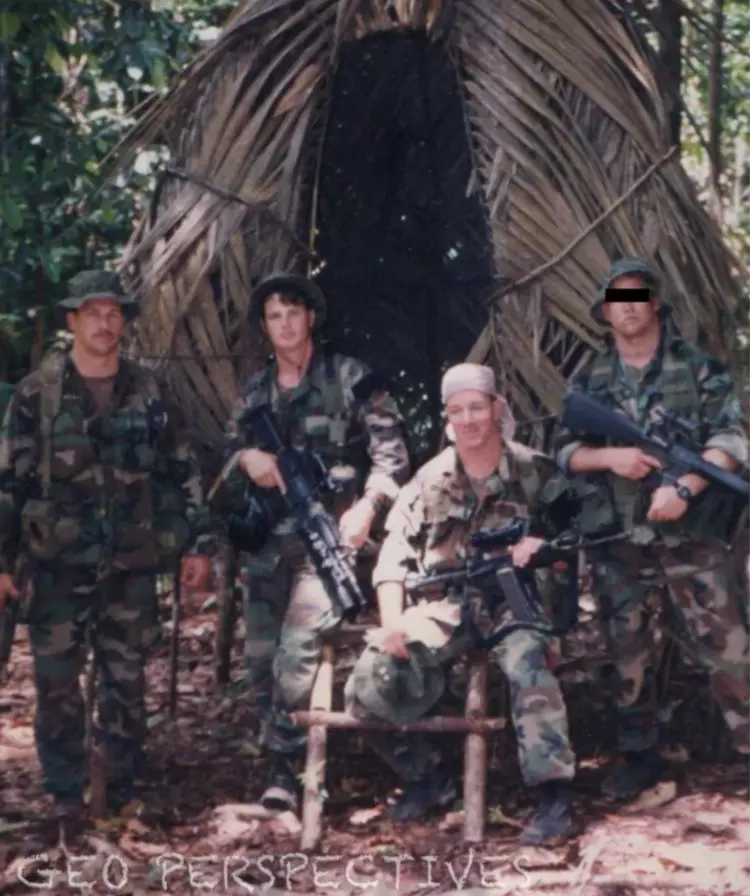
With weeks of dangerous cold weather training behind, it was time to thaw out with generously hot weather in the jungles of British and French Guyana. We did plenty of heavy work with live-fire weapons drills, but most of our tenure of training was in a helicopter on water.
We had to use helicopters everywhere we went, but we had to board and deboard our helo transportation using small rubber-raiding boats. They wouldn’t let us just climb a helo that was touching down on the ground.
The big Chinook dual-blade medium transport was a great challenge by day, and by night presented a longing to be back at our jungle camp where it was reasonably safe, save from the insects.
Once there was no longer enough meat on our bones for the culinary whims of the resident insects, we flew back to Ft. Bragg where we parachuted back to our home base. We took off in aircraft of all kinds to travel to training sites and were always made to parachute back home just because we could.
A week of high-speed driving was our next stop for our training requirement. We redeployed home on a Friday from the jungle training and rolled out again on Monday for a one-week high-speed driving course in Arizona.
The whole driving experience was one of skill, technique, and destroyed cars. A critical time of the day after driving so offensively was that first hour returning from the race track driving rental cars to our hotel rooms. It took the men a wait time of about one hour to lose the desire to drive offensively and settle back into the domestic traffic schema. The commander’s warning notwithstanding, there was at least one car wreck with a broken collarbone gift for one of the boys.
Related: The Navy SEALs’ two original and little-known missions
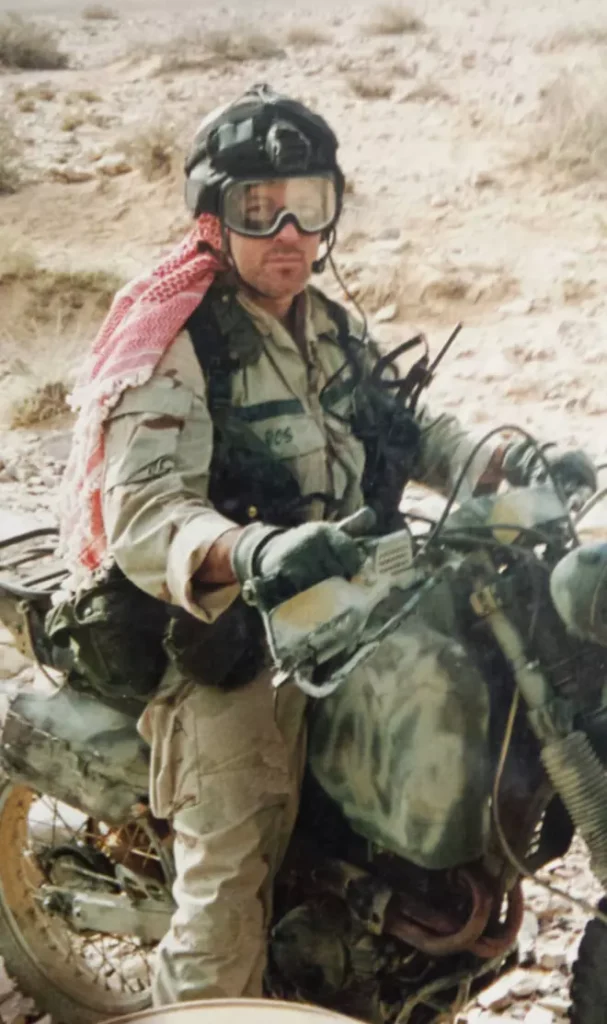
To wrap up the 18-month training cycle, we flew to Jordan to conduct a 600-kilometer rough-country trek. That was by far the hardest work experience of the 18 months. It was all about the grandiose chore of changing a hundred or so tires that gave up in the rocky lava fields of Jordan.
At the end of the 18-month training cycle comes… the beginning of the next training cycle. Sometimes the desire to jack it all in approached us dangerously close, but a Navy SEAL once told me that under such circumstances… “don’t ring the bell.”
Don’t ring the bell is an expression the SEALs use. It comes from BUD/S – the SEALs’ qualification course – during which when a man quits, he is instructed to ring a large bell in their PT yards. This signals to the whole compound that another one quit just then. It is an occasion for the other candidates to reflect on the dream they had months or days ago when they first started BUD/S.
“He rang the bell, but I never will do that.”
By Almighty God and with Honor
geo sends
Read more from Sandboxx News
- The Tavor rifle was made for the Israeli military’s unique situation – Service rifles from around the world
- America’s NGAD fighter emerged from a classified billion-dollar X-Plane program
- The only foreign jet ever to lock onto the Blackbird (came to its rescue)
- Is the future African?
- If you’re a veteran, stop thinking that Veterans Day is all about you
